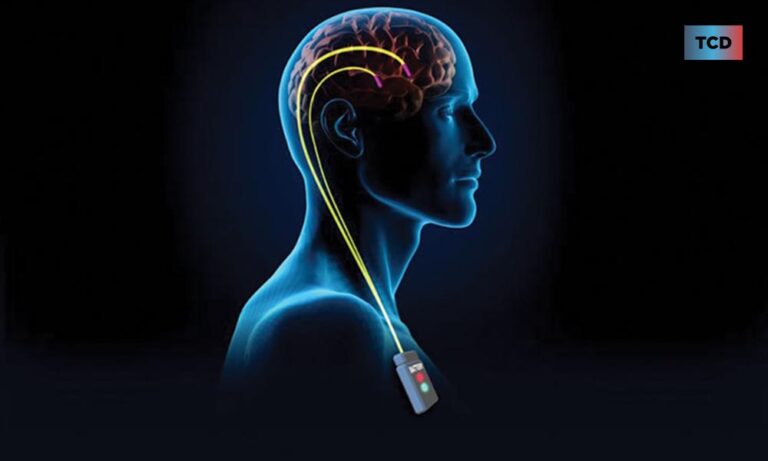Synopsis-
“Deep brain stimulation (DBS) has been utilised by medical professionals to treat advanced Parkinson’s disease symptoms, such as tremors, stiffness, and uncontrollably writhing motions, for the past 20 years.”
Parkinson’s disease symptoms can be lessened by two novel deep brain stimulation techniques, according to Duke University researchers. Using a recently designed self-adjusting device, doctors can effectively target important brain areas to concurrently alleviate Parkinson’s symptoms.
Deep Brain Stimulation is Instrumental in Parkinson Treatment
Deep brain stimulation (DBS) has been utilised by medical professionals to treat advanced Parkinson’s disease symptoms, such as tremors, stiffness, and uncontrollably writhing motions, for the past 20 years. Electrodes are implanted into a specific region of the brain as part of this method. The electrodes provide electrical pulses that relieve symptoms in a manner akin to that of a heart pacemaker.
Senior author Dr. Dennis Turner, professor of neurosurgery, neurobiology, and biomedical engineering at the Duke University School of Medicine in Durham, N.C., said, The two key brain regions targeted by deep brain stimulation are the subthalamic nucleus and the globus pallidus, “which are two structures in the brain closely associated with movement,”
In a traditional DBS, a physician configures the electrical pulses that are given to the brain ahead of time in order to best treat symptoms and reduce adverse effects. Depending on the patient’s reaction, those factors might not alter for several months or even years.
Researcher Warren Grill, a professor of biomedical engineering at Duke University, said, “The amount of stimulation a person living with Parkinson’s needs changes, depending on their medications or activity levels. A patient will need more stimulation if they are walking their daughter down the aisle at her wedding than if they are just watching TV.”
The Duke team developed an adaptable DBS system to test this using experimental technology supplied by the medical device manufacturer Medtronic. The gadget monitors brain activity and other indicators in the patient, modifying stimulation to deliver optimal symptom alleviation throughout the day.






